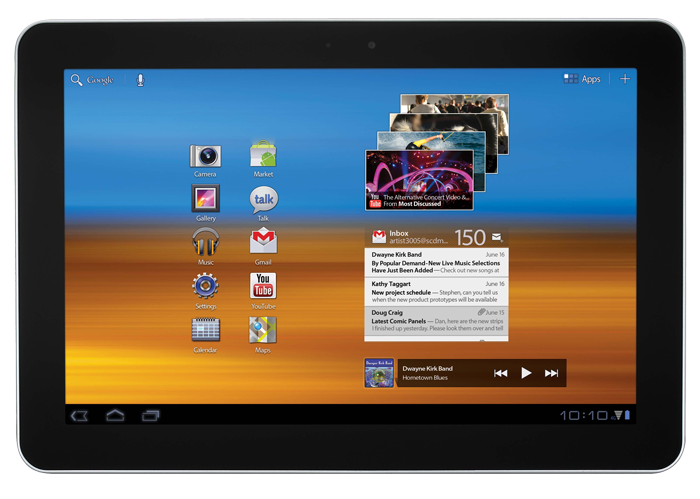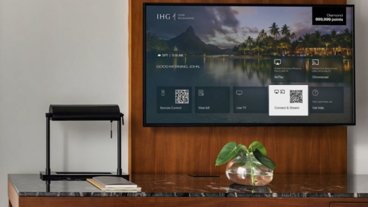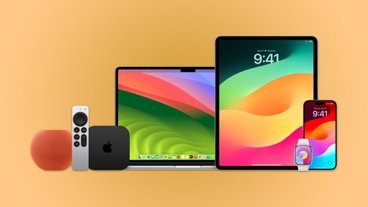Apple rejects Samsung compromise offer for Galaxy Tab 10.1 in Australia
Samsung had offered last week to "help ensure an expedited court hearing" if Apple would allow the immediate launch of its tablet in the country, as noted by Reuters. Though Apple had ">conceded that the deal contained some potential benefit for the company, it ultimately decided to reject the offer.
"It is one we don't accept and there is no surprise. The main reason we are here is to prevent the launch (of the Galaxy 10.1) and maintain the status quo," Apple attorney Steven Burley told the Federal Court on Tuesday.
A settlement is "not going to be achievable…given the positions advanced by each party," a Samsung lawyer told the court. The electronics maker has agreed to take out two features from its tablet that allegedly infringe on Apple's patents, leaving the two companies to debate over whether the devices violates just one of Apple's patents.
Samsung had previously agreed to delay sales of the Galaxy Tab 10.1 in Australia until after the judge issues a ruling on the injunction request, expected to come later this week.
The legal conflict between the two electronics giants has grown tense since Apple made the first move in April, accusing its rival of copying the look and feel of its iPhone and iPad. Samsung quickly responded with its own counter-complaints.
For its part, Apple has won a few early victories against Samsung in Europe. Last month, a German district court issued a permanent ban barring sales of the Galaxy Tab 10.1 in the country. A Netherlands court in August blocked some models of Samsung's Galaxy smartphones from being sold.
Attorneys for the iPad maker revealed last week that Apple co-founder Steve Jobs had approached Samsung last year to discuss its grievances. But, after negotiations broke down, Apple turned to the courts to resolve the matter.
 Josh Ong
Josh Ong











 Andrew Orr
Andrew Orr
 Wesley Hilliard
Wesley Hilliard
 Amber Neely
Amber Neely

 William Gallagher
William Gallagher

 Malcolm Owen
Malcolm Owen







